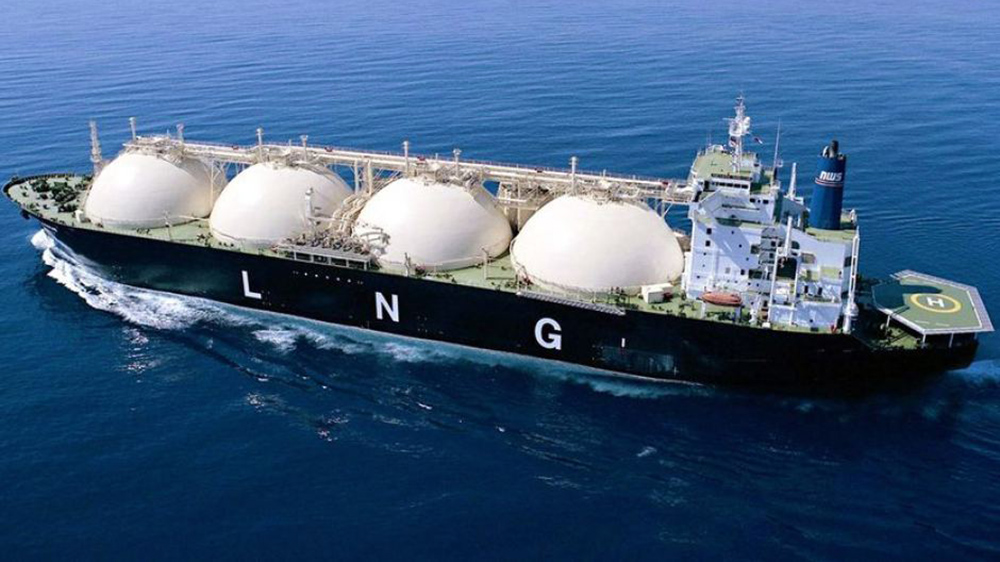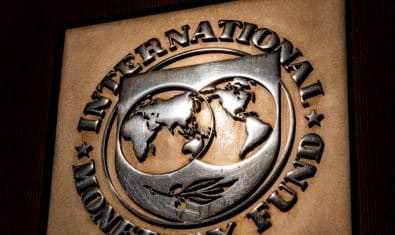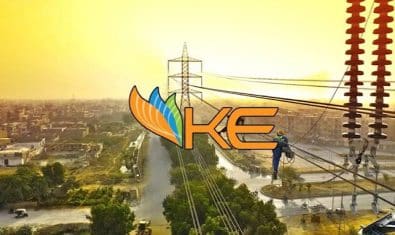The Ministry of Energy (Petroleum Division) has issued a rejoinder on the article by former Finance Minister, Miftah Ismail, under the title, ‘The LNG Story’ published in the daily ‘The News,’ recently.
The statement reads as follows:
The government would like to provide facts about claims being made by the former Minister regarding LNG terminals and their procurement. In this article, while comparing the spot price with the term price of LNG, he stated that a 5-year bid for one cargo was used to set the price for the Qatar contract.
Anybody who has familiarity with the financial/commodity markets knows that this is wrong since the two price determinants are volume and term. Therefore, the price of a 60-cargo deal over 5 years should not be used for a 900-cargo deal over 15 years.
Despite knowing the fact that the LNG market was going to be flooded with new LNG supplies after 2017-2018, the previous government still chose to enter into a 15-year agreement.
Furthermore, the former Minister’s claim about merchant LNG terminals is also incorrect. The truth is that private entrants have been trying to set up a private LNG terminal on a merchant model since 2010.
ExxonMobil announced to set up a terminal in Feb 2017 and pulled out of the project in October 2017, because unlike the oil business, a sufficient volume of confirmed gas customers is required to underpin the investment, which was not forthcoming.
It is also a known fact that the previous government set up LNG terminals at fixed payment (take or pay method) at around $0.53 million per day, thereby taking the entire financial risk.
Since the previous government had declared LNG as petrol and the price of LNG remained ring-fenced as a consequence. There were quite a few months when spot LNG was not required at all. Ordering LNG without confirmed demand creates significant financial losses.
Moreover, the article accused the current government of not buying cheaper LNG in the summer. Without storage, cheaper LNG could not have been stored.
The former Minister must know the fact that the longer lead time for procurement of spot cargo does not guarantee a better price. The cheapest cargo ($2.23/MMBtu) ever procured by Pakistan had 39 days between bid opening and cargo delivery. Whereas the most expensive cargo ($10.27/MMBtu) ever procured had 71 days between bid opening and cargo delivery.
ALSO READ
LNG Firm Contracted for Record High Price Files a Case Against PSO in International Court
Although there is never a fair comparison between the spot price and long-term price, Pakistan has procured 52 spot cargoes from 2017 to 2020 at an average slope of 11.9 percent, whereas the 15-year G2G slope is 13.37 percent.
Presenting a narrative that India had already purchased all of its spot cargoes well before the winter season is also entirely misleading. The truth is due to Japan’s spree buying of spot cargoes, many Indian buyers have faced the same situation as Pakistan, as reported by S&P Global on January 13, 2021.
Despite these market conditions, the government managed to meet the requirement of LNG in December 2020, and January 2021, at the lowest prices of any winter period in Pakistan.
Lastly, contrary to the facts, Dr. Miftah stated that this government produced more electricity on furnace oil instead of LNG. The truth is only 3.6 percent and 5 percent power was generated by Residual Fuel Oil (RFO) in 2020 and 2019, respectively. Whereas the former government-produced 28 percent of the total electricity on RFO in 2017.


























